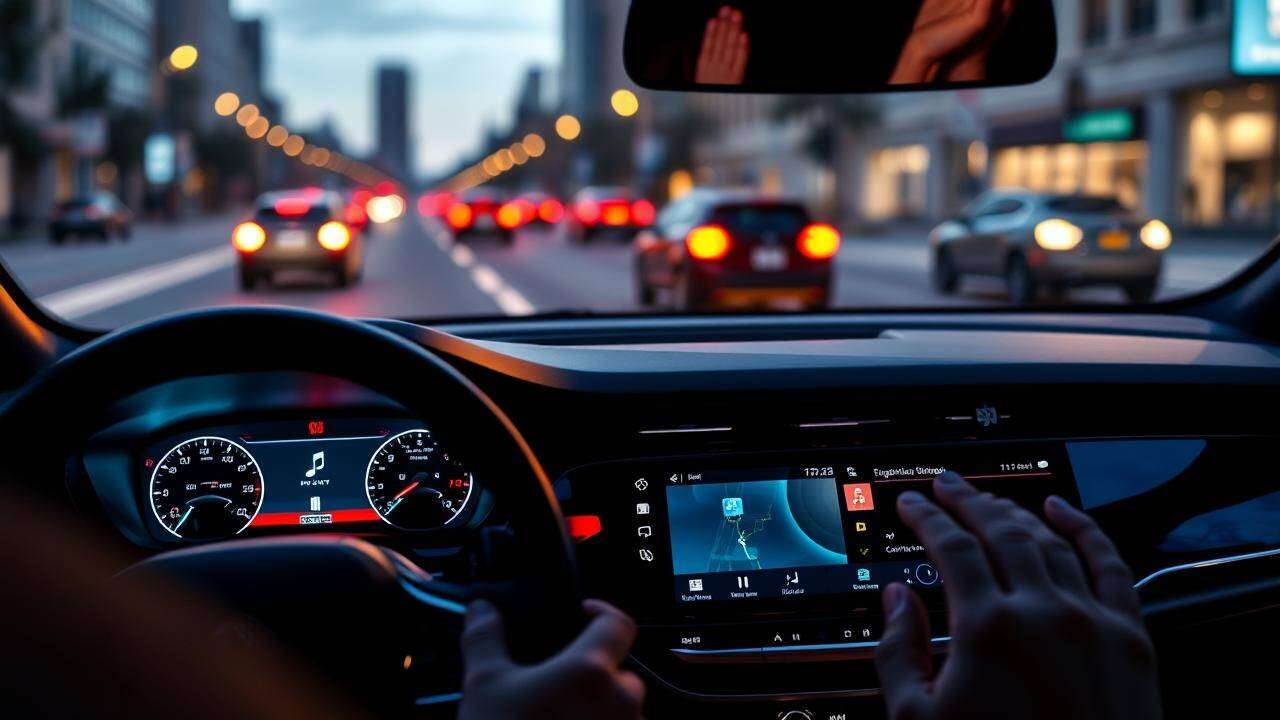Connected Car Ecosystems and In-Vehicle Apps: Transforming Mobility
The automotive industry is undergoing a technological revolution, driven by the rapid expansion of connected car ecosystems . Modern vehicles are no longer just modes of transportation; they are becoming integrated digital platforms. Connected cars use advanced software, sensors, and internet connectivity to offer a wide range of services, from navigation and infotainment to predictive maintenance and real-time traffic updates. In-vehicle apps are a critical part of this ecosystem, enhancing convenience, safety, and overall driving experience.

Connected Cars: The Next Evolution
Connected cars rely on internet connectivity and embedded systems to communicate with external networks, other vehicles, and cloud-based services. This connectivity allows for real-time updates, remote diagnostics, and access to various digital services while on the road. According to automotive experts, connected vehicle technology is expected to grow exponentially in the next decade, with millions of vehicles globally offering advanced connectivity features. The integration of artificial intelligence (AI) and machine learning further enables predictive functionalities, enhancing both vehicle performance and user experience.In-Vehicle Apps and Their Functions
In-vehicle apps have become an integral part of the connected car ecosystem. These apps cover a wide range of functionalities, including navigation, music streaming, weather updates, and fuel management. They also provide safety features such as collision warnings, lane departure alerts, and driver monitoring systems. Dr. Anil Kapoor, an automotive technology consultant, notes, “In-vehicle apps are transforming the way drivers interact with their vehicles, offering convenience and safety that were unimaginable a decade ago.” These apps are often integrated with smartphones and cloud services, allowing seamless synchronization of personal preferences, contacts, and entertainment options.You may also like
- Naredco urges Noida authority to reassess land dues to revive stuck projects
- Maha CM Devendra Fadnavis unveils mascot, kit and logo of 'Pune Grand Tour' Cycling Competition
- Delhi cloud seeding failed to bring rain due to low moisture, says IIT-Kanpur director
- Pakistan's Lahore continues to remain world's most polluted city
- "Why is Delhi govt running this circus now?": Saurabh Bharadwaj slams cloud seeding initiative









